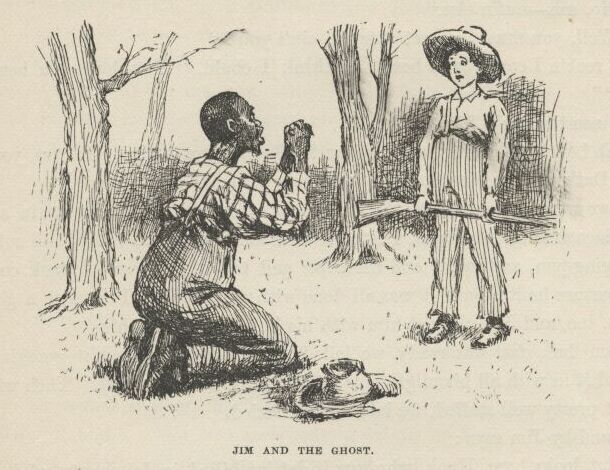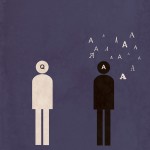My love of edu-TV melodrama meant I had to watch Museums Secrets the other night.
The show was on the Vatican Museum (cool in its own right and on my top list museums and libraries I need to see). I knew a lot of the stuff they talked about, except for their closing vignette about a recently rediscovered document apparently acquitting the Knights Templar from heresy charges.
From Reuters:
The parchment, also known as the Chinon Chart, was “misplaced” in the Vatican archives until 2001, when Frale stumbled across it.
“The parchment was catalogued incorrectly at some point in history. At first I couldn’t believe my eyes. I was incredulous,” she said.
A CBC report places the shady entry in 1628, 320 years after the original trial.
Conspiracy? Maybe…




